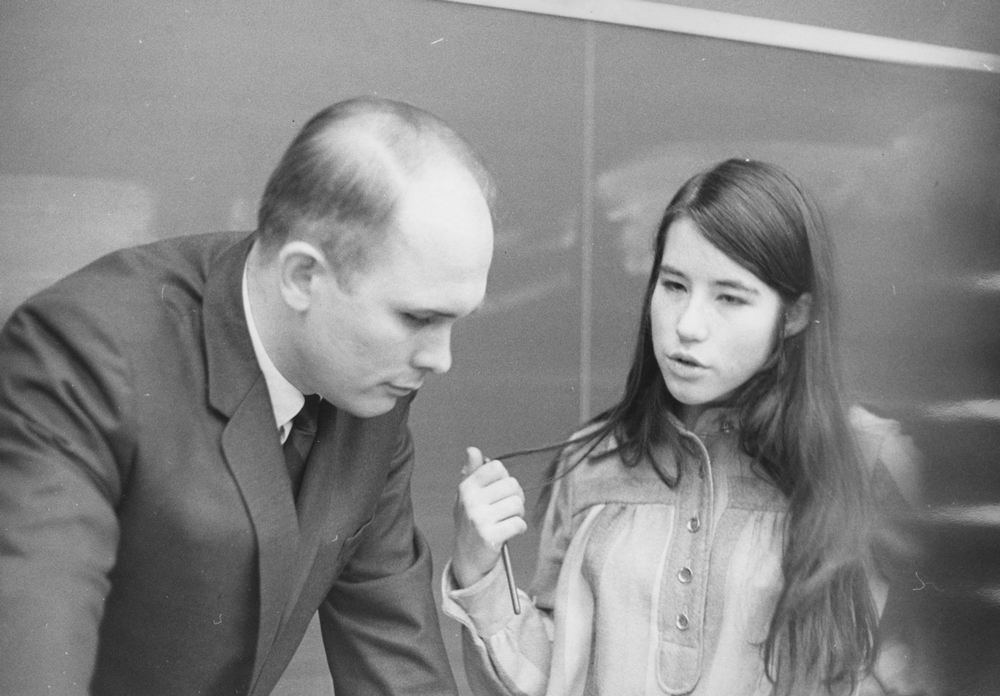The Atlantic Monthly recently raised eyebrows when it placed the University of Chicago at 39 on a new list of college rankings, a surprising move when industry stalwart U.S. News and World Report, consistently includes the University in at least its top 15. The Boston-based literary magazine’s new list also rekindled debate over the effectiveness and purpose of college rankings, giving opponents of the ranking system another example of its mercurial and unfounded nature.
The college ranking survey, the first of what editors hope will become an annual tradition, comes as part of 40-page package on colleges. The rankings are based on admissions selectivity, median SAT scores, and class rank of applicants—a far simpler approach than the one employed by U.S. News and World Report.
The special section has been designed to draw readership to the struggling magazine.
John Fox Sullivan, the president of Atlantic Monthly, said that the list would hopefully attract to the magazine a new audience of teenagers and their parents. Atlantic Monthly has printed 150,000 copies of the magazine, 20,000 above normal circulation numbers.
The U.S. News and World Report, the most influential college ranking survey with an estimated audience of 11 million, uses as its ranking criteria: peer reputation, graduation rate, financial resources, faculty resources, student selectivity, and alumni giving. Each category is weighted; peer reputation is the largest factor, accounting for 25 percent of the total score. Graduation rate and alumni giving round out the weighted categories, each accounting for only 5 percent.
Despite the University’s abnormally low ranking, officials here remain unfazed. Other than some alumni complaints, the University expects few repercussions from the survey. According to Michael Behnke, vice president and dean of college enrollment, there is little evidence to suggest that rankings affect enrollment decisions or student interest in the school.
“For alumni, it’s sort of a pride thing,” he said. “Everyone is annoyed when what you know is true about an institution is ignored. Professionally, there isn’t much impact.”
Behnke noted that in the past years U.S. News and World Report rankings for the University fluctuated between nine and 13, with no noticeable pattern in student applications attributable to the changing rankings.
Regardless of the effect, Behnke does not place much value in any of the rankings, flattering or not. For students contemplating college, the rankings emphasize numbers and tend to gloss over the importance of finding a school that offers the best fit.
“Rankings are unable to get much of what we value,” Behnke said. “They measure what can be measured, and that is misleading. College is about finding a right match and rankings make students and families think about rankings.”
Despite the University’s blasé attitude toward the rankings, it utilizes the information in the subheadings of the U.S. News and World Report, paying close attention to how it compares to its peers in these categories in order to determine areas in which it could improve.
The graduation rate, a relatively low 80 percent when Behnke first arrived, increased to 90 percent in five years after the report alerted University officials to problems with student satisfaction.
Unlike U.S News and World Report, The Atlantic Monthly survey offers little in the way of administratively helpful information. The Atlantic appears to recognize the flaws of its ranking system, as articles accompanying the survey seem to undermine the validity of its selected indicators.
“It is pretty irresponsible,” Behnke said. “Parents and students don’t take the results as tongue-in-cheek, and it adds to the frenzy.”
Chicago students seem to be taking their low ranking in stride. First-year in the College Jeff Latshaw brushed aside concerns about the new ranking. “They’re so arbitrary,” he said.
Second-year in the College Bob Rayson expressed a similar sentiment. “I don’t really care,” Rayson said. “We go to a great school anyway.”








